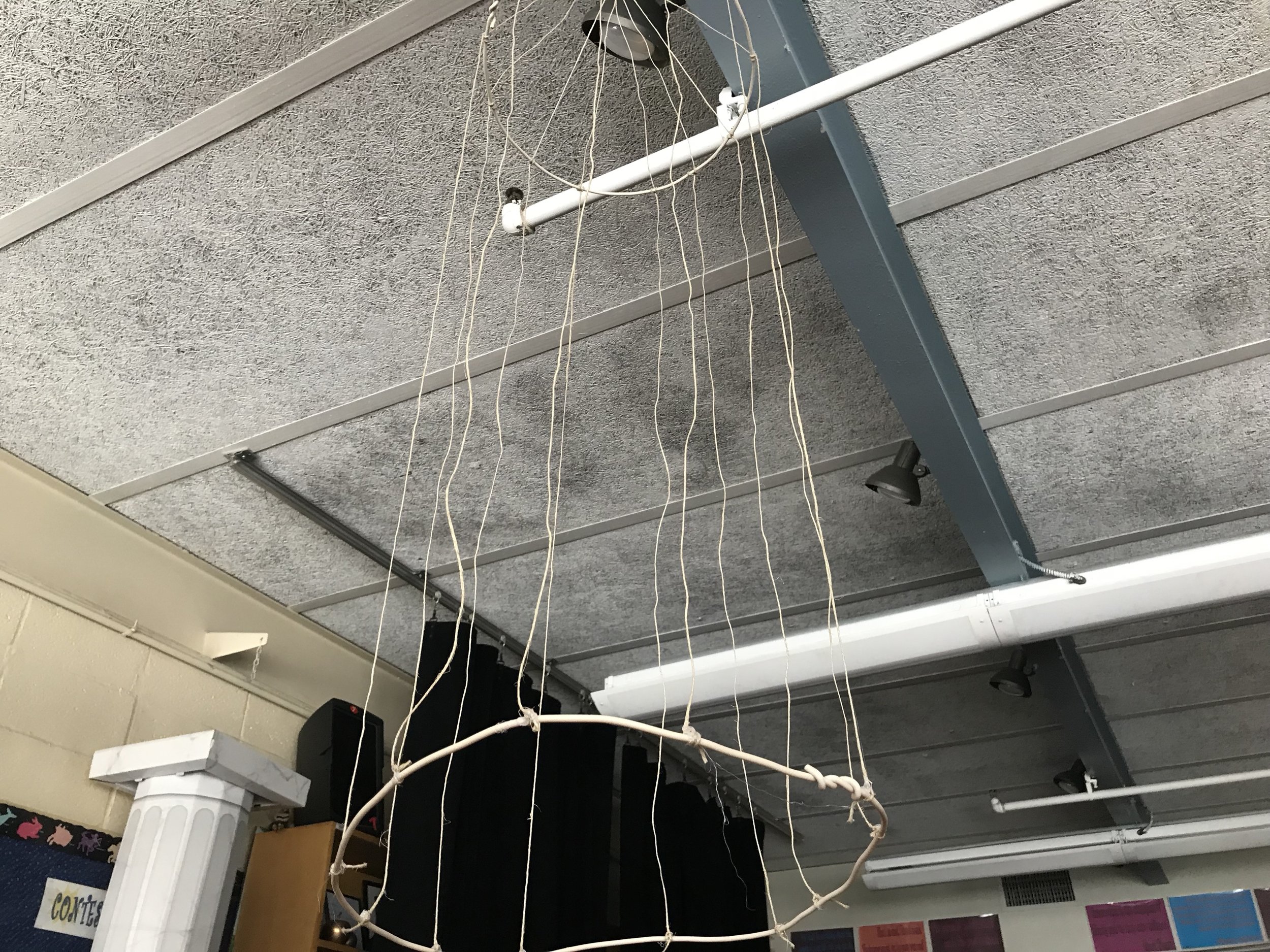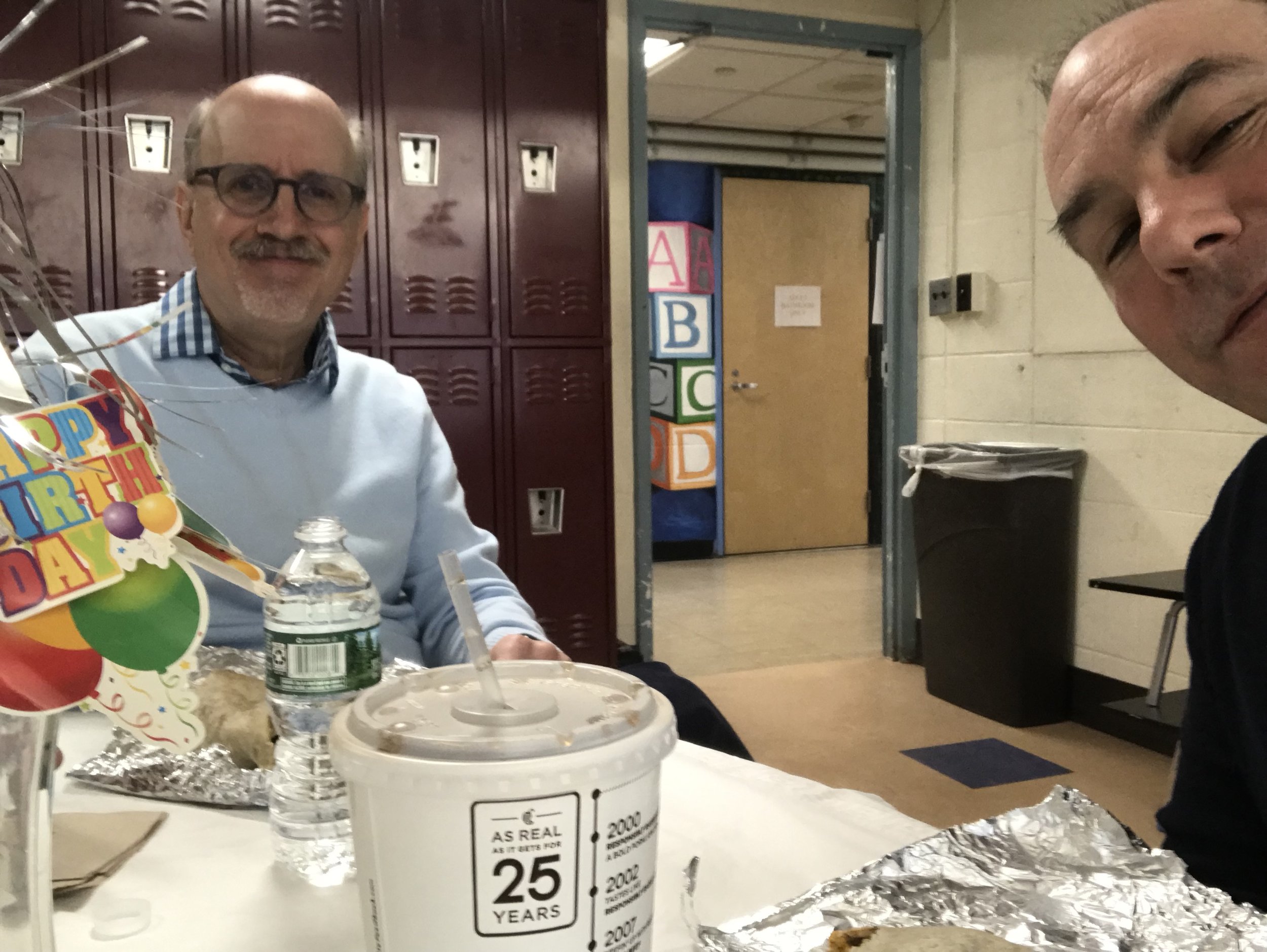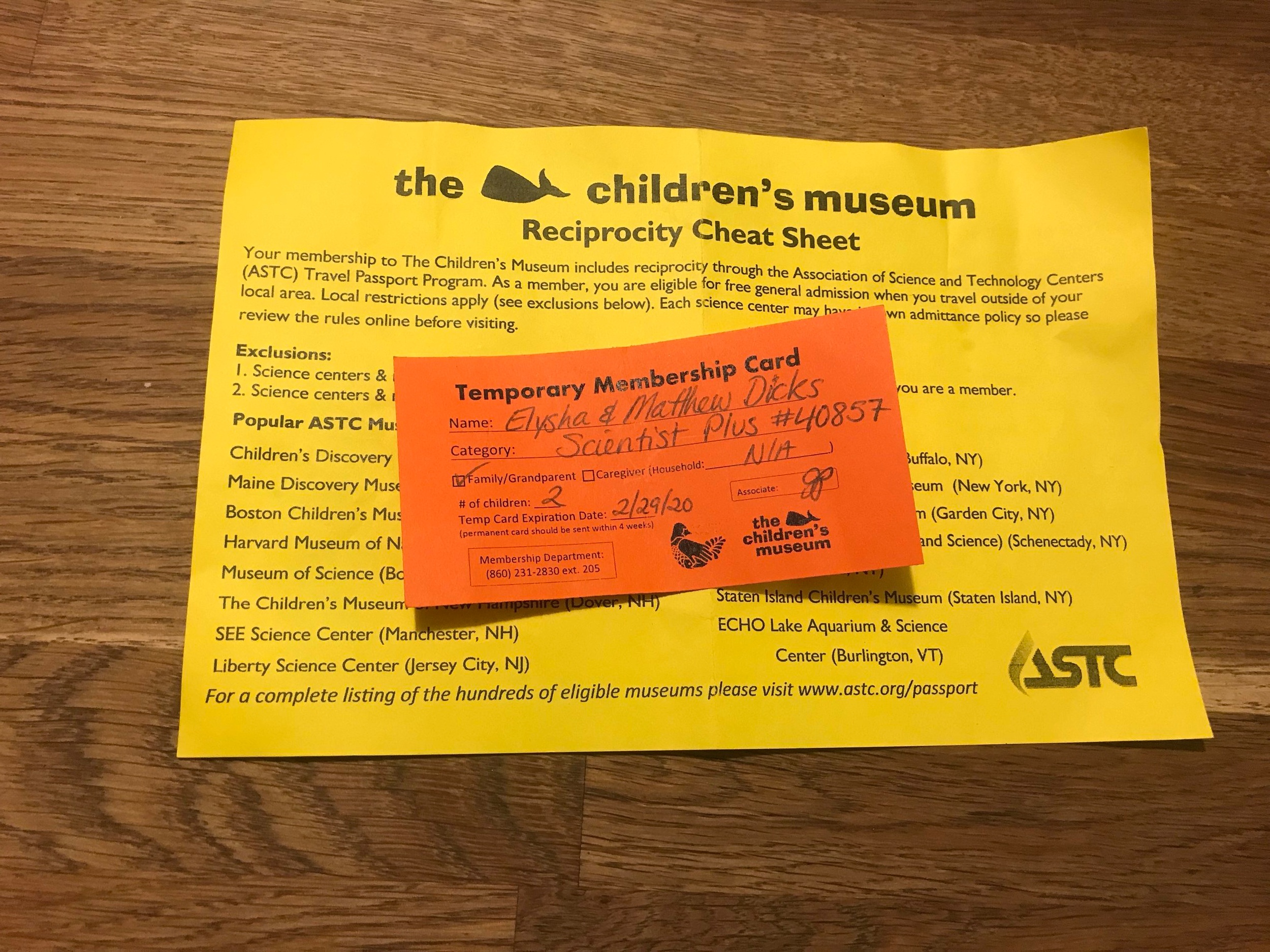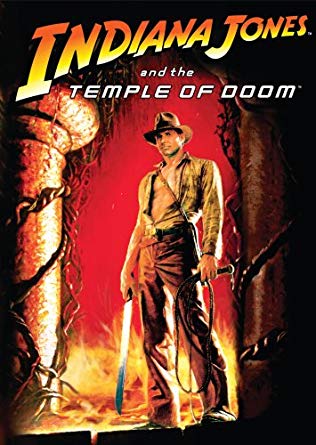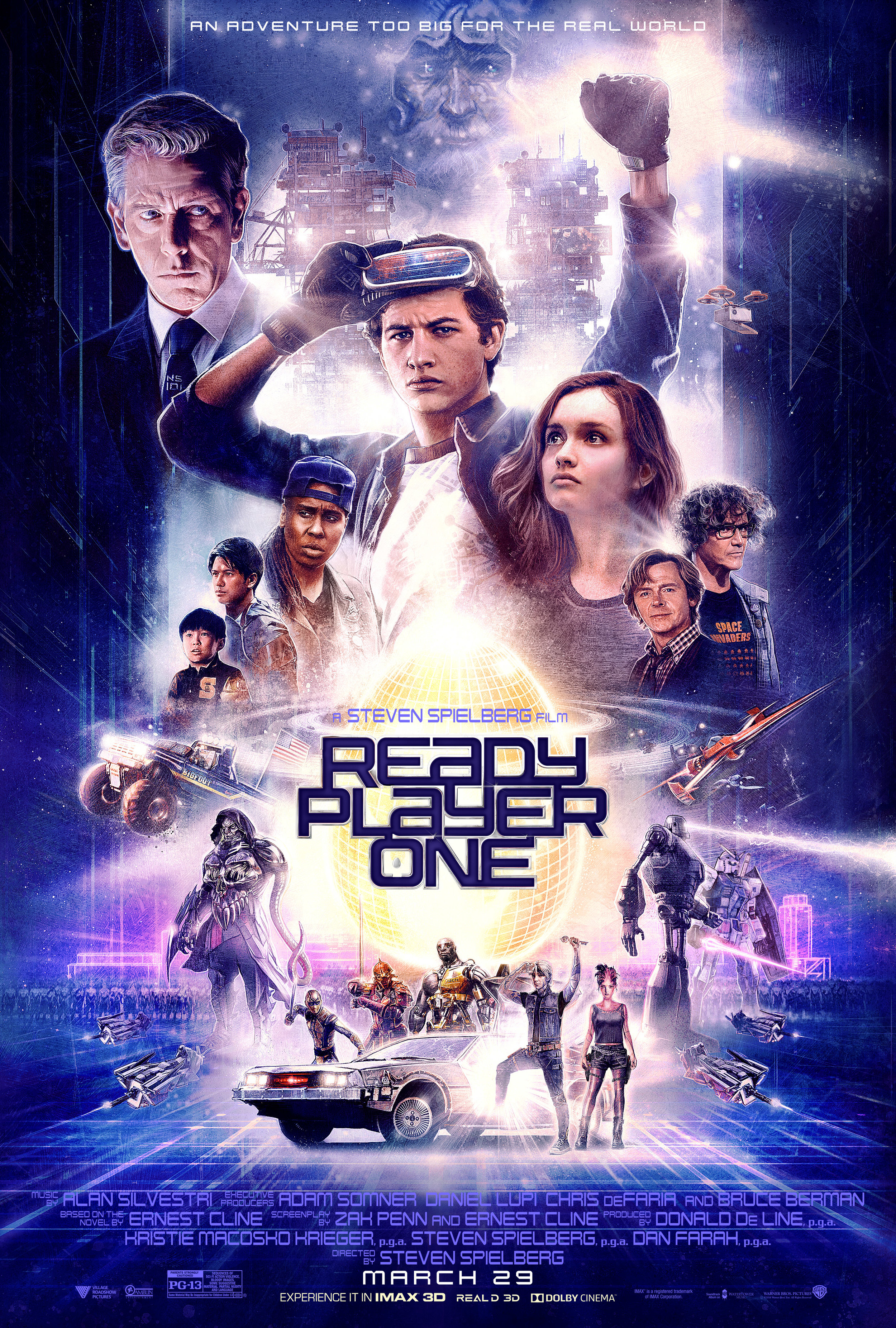Dumb geographical luck
/I often think how defining geography can be to a person.
Last week Elysha and I brought the kids to Boston to visit the Children’s Museum. We ate lunch, visited every exhibit hall, and walked through the streets as a light snow fell.
We left the house around 10:00 AM and were home by 8:00 PM.
I’ll be in Boston at least three times in March for a Moth GrandSLAM, a storytelling show at Harvard, and a consulting gig.
A day after visiting the Boston Children’s Museum, I was in New York City, consulting with a nonprofit in Manhattan. I left the house around 5:00 AM and returned home by 8:00 PM, which made for a long but doable day.
I’ll be attending a Moth StorySLAM and performing in New York again next month, and I’ll be meeting with one of my publishers in April.
Earlier this week, I was coaching hospital volunteers at Yale New Haven Hospital. I’ll be back next week to listen to their stories again and see how much progress has been made.
Next month I’ll be in Vermont, consulting with attorneys on storytelling.
I also work and perform in Maine regularly, and I’ve done work with with schools in New Hampshire, too.
Knowing all this, I can’t help but wonder what my life might be like had I been born in a place like North Dakota or Iowa or Nebraska. Big states that require hours to cross. Places without easy access to multiple large cities like New York and Boston and New Haven and multiple states like we do here in New England.
Places without large concentrations of people.
Maybe I would’ve eventually moved to the northeast or the west coast, but it’s hard to know. When you grow up in a place, that place can often define a person’s hopes and dreams.
If I grew up in Montana or Kansas, I’m not sure if I ever find my way to storytelling, standup, performing, and all of the work I now do this field with corporations, schools, hospitals, nonprofits, the clergy, and everyone else.
Fate can also play an enormous role in your life. Where you are born will often determine the course of your life, but decisions about where to establish your roots are often made less thoughtfully and far more randomly.
I came to Connecticut, putting me strategically between New York and Boston, because while leaving a Def Leppard concert at the Hartford Civic Center in 1993, my best friend, Bengi (who had already moved to Connecticut for work), saw a coworker from Travelers waiting to be escorted to her car by the now-defunct Hartford Guides. Bengi asked if she wanted to walk with us since we were both parked in the same Traveler’s parking garage.
She accepted his offer.
During that short walk to our cars, I managed to impress that girl enough that she was asking about me at work the next day.
I eventually came to Connecticut because of that girl. Though we didn’t end up together forever, everything that followed, including Elysha, the kids, Speak Up, my career, my other career, my other career, and my other career, and just about every else good in my life, resulted from my move to Connecticut.
It terrifies me to think how close I came to not having any of this. A simple walk to a parking garage changed my life forever.
And had I remained in the Boston area, I might never go to New York and start telling stories for The Moth. I might never perform onstage.
Hartford to New York is a two or three hour drive depending on the time of day, but Boston to New York is more than four hours. Impossible to get there on time for a show after a full day of work.
Yes, I could’ve moved to New York and had all the opportunities that the city affords, but losing easy access to the Boston area would’ve been terrible for me, too. Having a second market in which to perform and work has been tremendous, and almost two decades spent at Gillette Stadium with my friends, cheering on the Patriots, would’ve been wiped out by a move to NYC.
There are many days when I’m driving to Manhattan or Brooklyn and wishing I lived a little closer to the city. There are also days when I’m stuck in traffic on the Mass Pike and wishing the trip to Boston was a lot shorter. But by being nearly equidistant to both cities, I have access to both cities, as well as places like New Haven, Providence, and northern New England.
And I have Hartford, a place where I perform and work regularly as well.
Hartford may not be the most glamorous as places like Boston and New York, but its geographical position has positioned me well for many opportunities, and I don’t discount this good fortune.
Geography is, of course, one of the most defining aspects of a person’s life. Forget Nebraska or Iowa. Had I been born in Siberia or Syria or the Sudan, my life would be very different. I was exceptionally, exceedingly fortunate to be born in America, and perhaps also fortunate to be born in the northeast, and perhaps also fortunate to have landed in a place that affords me access to cities like New York and Boston.
I try to remind myself about this whenever possible. As hard as I have worked to get where I am today, it was also just dumb luck that I was born in America in proximity to multiple large cities that have given me opportunities beyond compare.
Dumb luck, folks. It’s what fuels more success than we are sometimes willing to admit.





